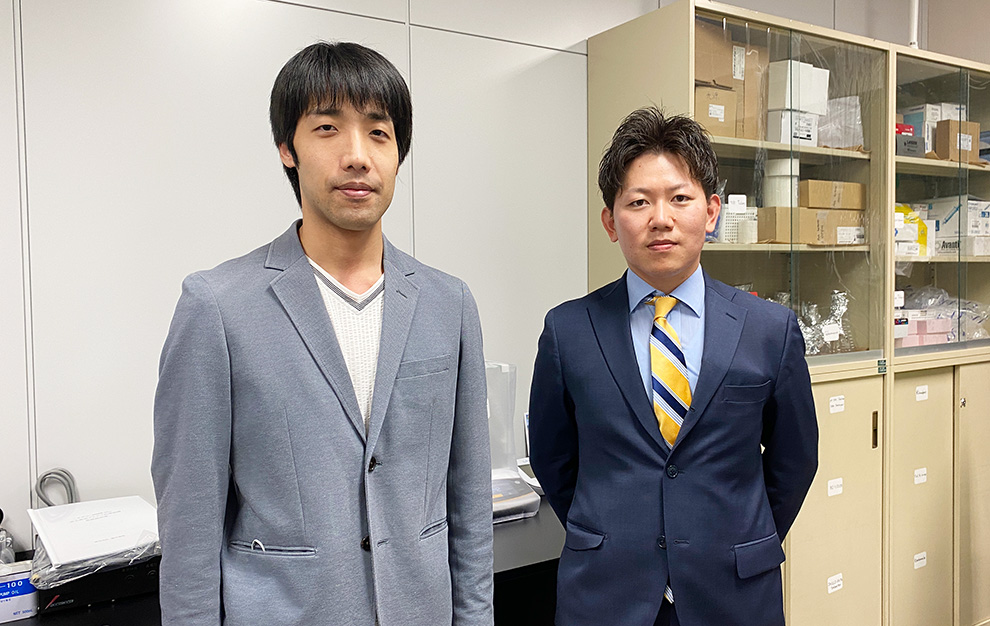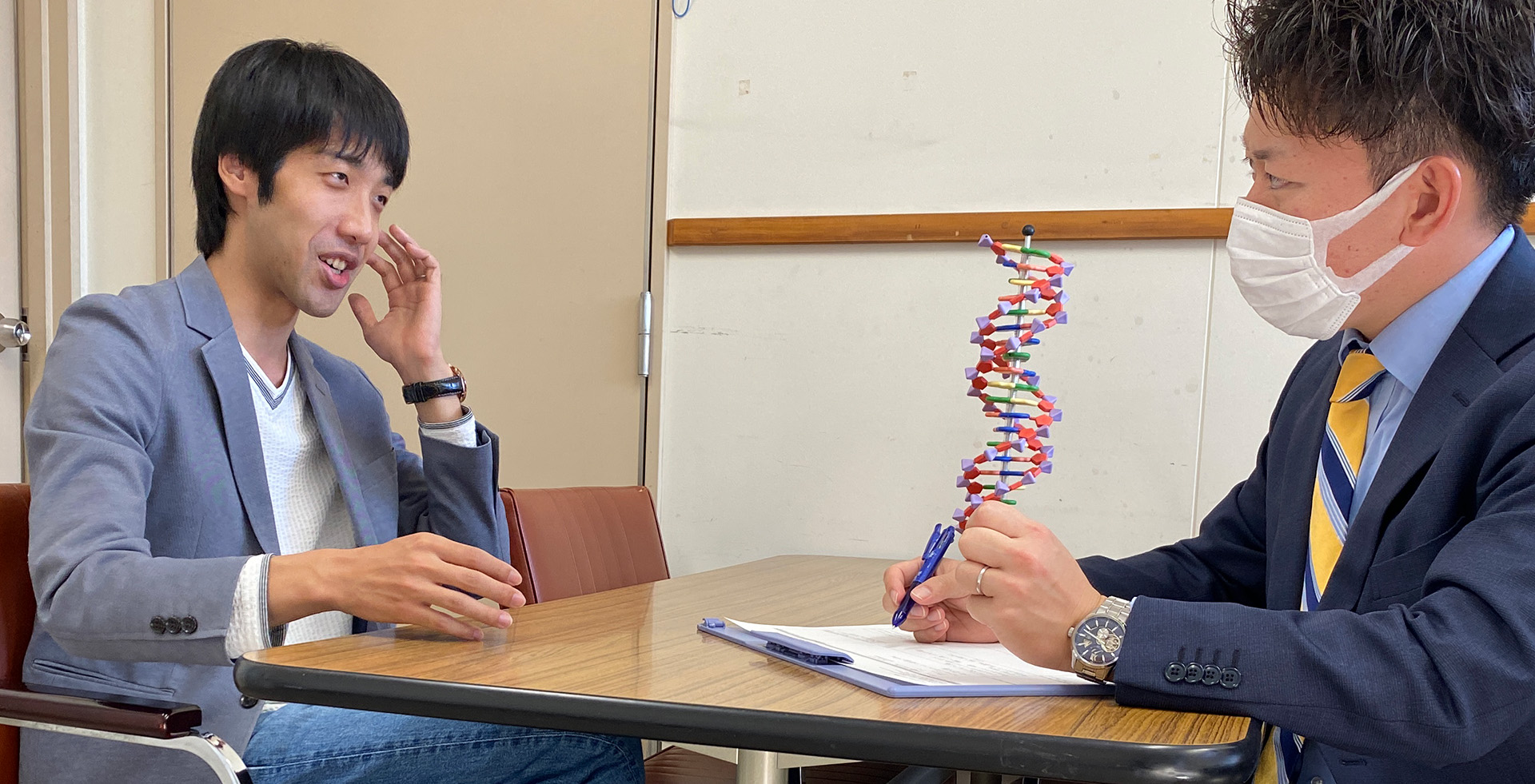- System
- μ series
- Facility
- Faculty of Computer Science and Systems Engineering, Department of Intelligent and Control Systems, Kyushu Institute of Technology
- Administrator
- Assistant Professor Yusuke Sato
- URL
- https://sites.google.com/view/ysato-web/menu/
Research introduction and details
We perform research in the field of molecular robotics. In this field, we engage in research spanning fields including biology, chemistry, and physics, taking an engineering perspective. This is a relatively new discipline that has been fully underway for only a decade or so.
Our laboratory conducts research aimed at creating robots using biomolecules as materials. Biomolecules are substances such as DNA, proteins, and lipids that compose life on Earth. As an example of research, we can create molecular devices with structures and shapes that change at the micro and nano scales, using the DNA that controls genetic information as the material.
Using this DNA nanotechnology, we are developing molecular devices capable of transporting substances and transmitting information via interfaces. Our aim for the future is to combine these devices to create molecular robots on par with living things.
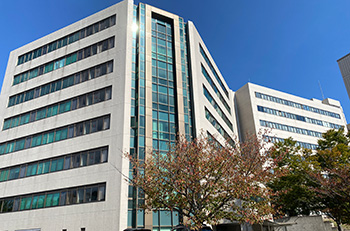
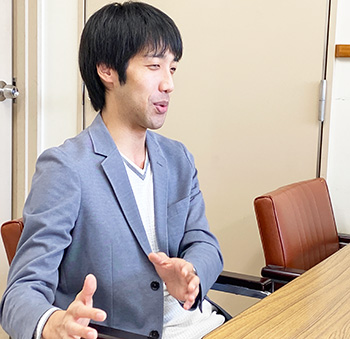
Uses and reasons for use
What are your uses and reasons for using ultrapure water?
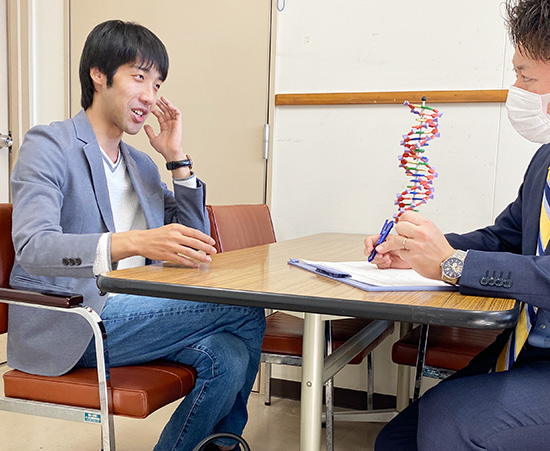
We use HPLC to analyze the components (biomolecules) that are the materials for creating molecular robots. In doing so, we use ultrapure water for buffer preparation and in the mobile phase.
Any contaminants in the ultrapure water affect the analytical results and lower the reliability of the data.
We also use ultrapure water for final cleaning of instruments.
What led you to consider Organo products?
The products were introduced by a dealer I had worked with at the university I used to belong to.
The dealer introduced μ series to me, saying it was a recently released compact and inexpensive system. Upon requesting materials on the product, we found that the initial cost was within our budget and the running cost was low, so we began considering it.
Decisive factors in selection
What were the decisive factors in choosing Organo products?
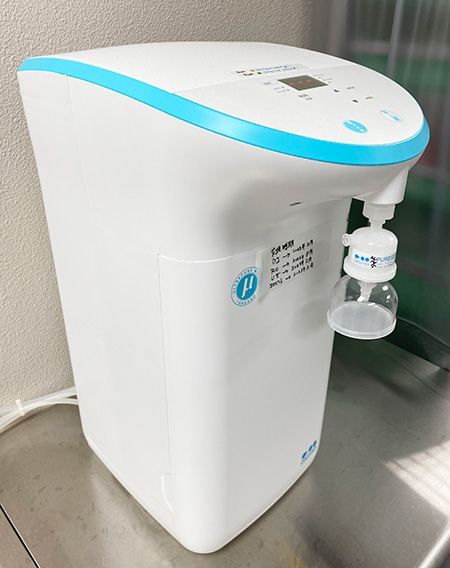
- Low running cost
-
The price of the main unit is low, and I appreciate that even after adoption we are able to keep costs down.
- Consumables are used up fully with no waste
-
The system’s pure water cartridge and ultrapure water cartridge are separate, so we can replace only cartridges that have reached their replacement date.
There’s no wastefulness, which also lets us hold down maintenance costs. - Cartridges are easy to replace
-
The cartridges can be removed simply by opening the front panel and pulling the handle, requiring no time and effort for equipment maintenance.
We prioritized ease of maintenance when selecting a system.
Effects of adoption
What has improved since your adoption of μ series?
Our lab previously did not own a unit and so used shared equipment. By adopting μ series, we no longer have to go fetch water.
Our laboratory uses a relatively large amount of ultrapure water. The stress of repeatedly going to collect it has been eliminated.
Bringing the system into our laboratory has also eliminated worries over deterioration of water quality. The ability to dispense clean water, the basis of experiments, as a matter of course is reassuring for us. Not having to suspect the water when something goes wrong in an experiment is a great advantage.
Please give us your frank opinion concerning any dissatisfaction with Organo products.
The design of μ series gives a soft and cute impression. Personally, I like a smart, cool design (laughs).
The direction of the design is different from laboratory instruments other than μ series, so within the atmosphere of the laboratory overall, it feels a bit out of place.
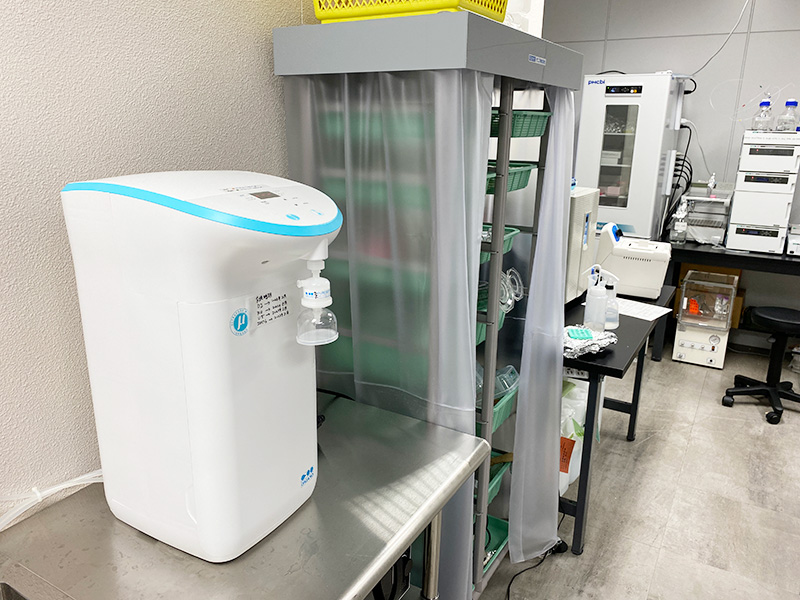
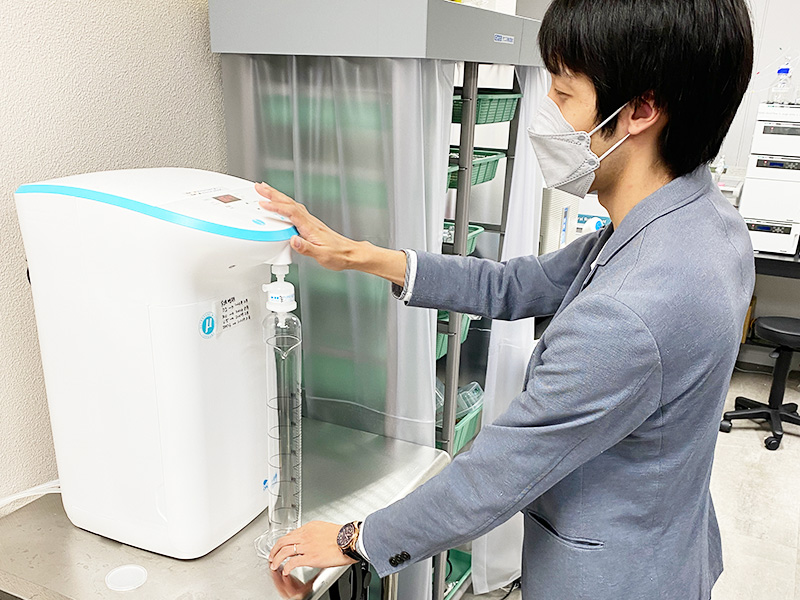
A final word
We’re satisfied in terms of cost and usage, so I hope to recommend the system to new faculty members when they consider ultrapure water systems.
We thank Mr. Yusuke Sato of the Kyushu Institute of Technology for cooperating.
